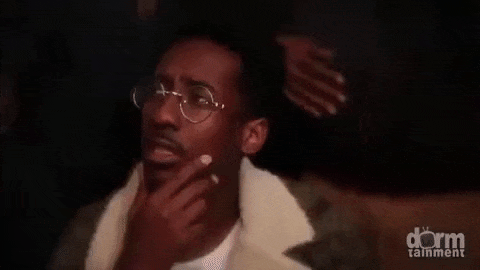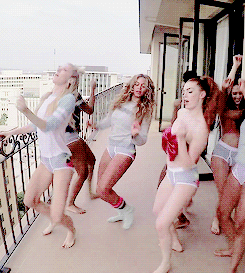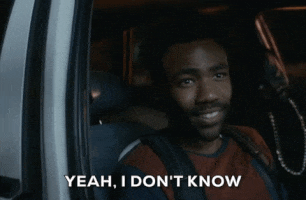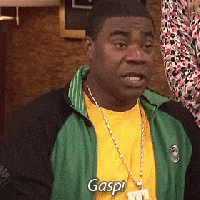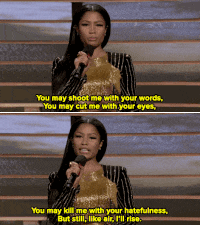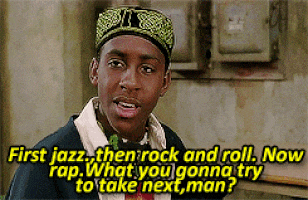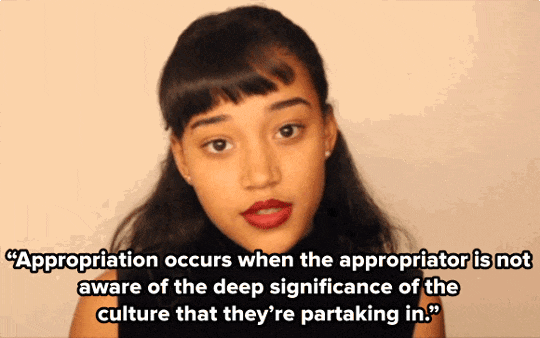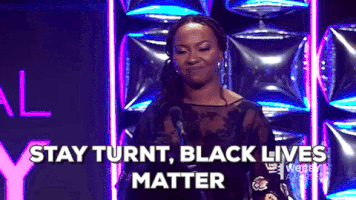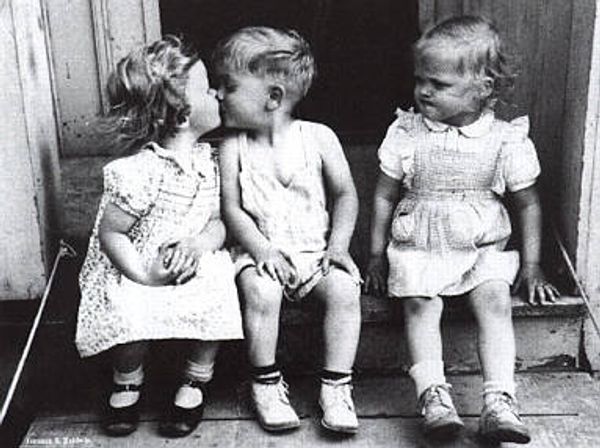Actual text conversation as I walked down Rabb steps circa Fall 2013:
Me: Yoooo, you ever feel overwhelmingly black?
Friend: Damn. I know exactly what you mean.
Brandeis University is a prestigious, private research institution that prides itself on social justice, community, and diversity. Though I have experienced all of these being present at my school, in the way that a needle is undeniably present in a haystack, I have also experienced the unsettling sensation of being what I like to call "overwhelmingly black".
Walking around my campus my freshman year and even many, many times after, I became hyperaware of a blackness I didn't really feel before. Transitioning from a predominantly black high school in the DMV to a PWI in New England was not an easy one. Obviously there are reasons that factor into this transition that have nothing to do with race and identity but in this case it was being the only black person in a classroom. Suddenly feeling like what was once described as "talking white" was now viewed as inherently ghetto and/or angry (btw, you cannot. verbally. profess. a race.), being the expert on all things rap/hip-hop, lit, twerking and otherwise, consciously and unconsciously seeing black faces from one end of campus to the other, almost as a momentary comfort from a twoness.
A well-known concept coined by W.E.B. DuBois which can be applicable to many minorities of several disciplines but stems from the experience of the African / African-American in America is "double consciousness". DuBois described it as: “It is a peculiar sensation, this double-consciousness, this sense of always looking at one’s self through the eyes of others, of measuring one’s soul by the tape of a world that looks on in amused contempt and pity. One ever feels his two-ness,—an American, a Negro; two souls, two thoughts, two unreconciled strivings; two warring ideals in one dark body, whose dogged strength alone keeps it from being torn asunder.”
In short it is, "feeling as though you have more than one social identity, which makes it difficult to develop a sense of self."
http://study.com/academy/lesson/double-consciousne...
Here is where the community part of Brandeis comes in. I have found my community amongst not only other black students on campus but amongst clubs, other writers, other comic book and film enthusiasts, and oh-so-beautifully, my Spring 2014 Vagina Monologues cast members (always s/o to VagMons).
For me, though diversity may not be as prevalent in some of my smaller humanities classes, it exists in these spaces and it is what I have been able to hold onto.
However, don't get me wrong, there are moments when being around a culture and in a place so far off from what you're used to can be jarring. Every conversation about race does not warrant my opinion or personal experience, and here, in this blog post, it is warranted because I'm choosing to do so.
I remember marching across campus in protest of police brutality last Fall semester, shortly before Ford Hall, chanting with my black community and all who stood in solidarity with us. As we were walking up the Rabb steps two white individuals near me deemed it appropriate to yell that we "shut the f*ck up"...
This was barely heard over the sounds of the protest and I exchanged gasping emoji faces with the people around me and also my own internal anger.
Yelling back would have been redundant - I had a purpose that would not be deterred - and yelling at them would have been redundant as well because more often than not people are set in their willingly ignorant ways and you cannot change them.
They must choose to change themselves. We were also told that our protests were disturbing some students' studies. In that moment I was filled with not only again an overwhelming blackness but an overwhelming sadness as I was never aware that my skin color could be such an inconvenience in a place where I was supposedly a contribution. See: Ford Hall 2015.
Aside from the heavier portions of my black experience at a PWI, it was seeing my culture perpetrated as a costume and even further as convenient through music that’s "lit" but then lyrics that are too real when they permeate illusionary boundaries (see Kendrick Lamar’s “untitled unmastered” // “To Pimp A Butterfly”, or for you old-heads even Ice Cube’s “AmeriKKKa's Most Wanted”). It is the presence of hip-hop and rap as a cultural component stemming back from jazz and poetry (because rap's inception is poetry, kids) and jazz back to non-verbal communication, pushing all the way back to slavery (it was really not that long ago). Seeing your own culture worn in and out as a costume can be infuriating. I take any opportunity that I can to educate myself on what I'm wearing, how I'm talking, etc. so as not to offend anyone in ways I may have seen offensive. However, many other people do not do that. Cultural appropriation is a real thing. Please, just google it. Educate yourself. You are already on the internet.
Sometimes, black people do not want to talk about all of the hatred, violence, and even micro (or macro) aggressions that still exist today. And when we do it can often come off as being "angry" when it is simply the fact that it has been unjust and is an acknowledgment of this. A plea for empathy is present here. It can be exhausting. It is similar to asking a trauma victim to recount their trauma or grief without getting angry or emotional, in other words: unrealistic. We should lend ourselves to actively listening to others' experiences and hardships without judgement or bias. This can be difficult on the part of the storyteller given the pressure to do the story justice. It can equally be difficult on the part of the listener to not interject themselves into the story and simply understand the experience as valid without having to experience it. Again, a plea for empathy.
All of this being said, it is fine to want to listen to, explore, inquire about, and/or experience a part of a culture that is not your own, but it is also key to recognize that it is not your culture. Plot Twist: there's nothing wrong with that.
Major Key Alert: There's a difference between cultural appreciation and cultural appropriation. And in this vein of marrying optimism with realism, we should encourage each other to explore things outside of the perceived norm or outside of what is known but do so respectfully.
In short, yeah it's lit, but check yourself.
Be easy.
Ashley Mae




